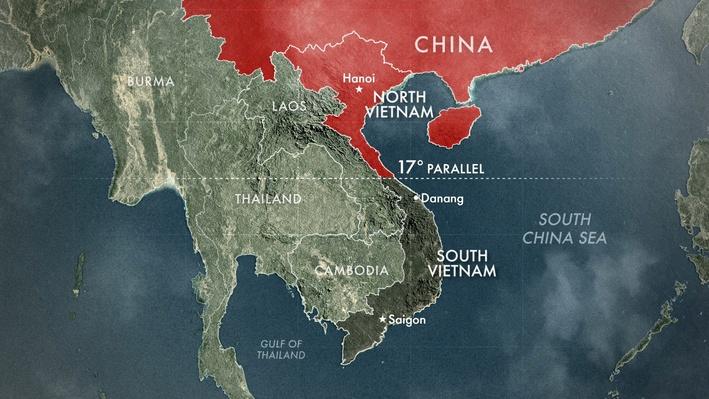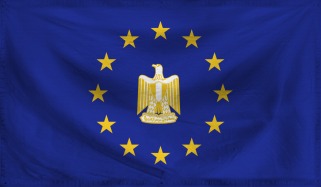Country Name: Kingdom of Spain
Head of State/Government: Javier I, de Borbón-Parma y de Braganza
Type of Government: Absolute Monarchy/Fascism
Capital: Madrid
Map/location (an actual map or description is fine here): Spain and its African possessions
Population: 28.4 Million
Faction: NATO
History: The death of General Franco in 1945 was an unexpected, but quietly welcomed, event for many in Spain. The Falaganists, who had been purged directly and indirectly via the Blue Division in Russia, had little love for the General while much the same was the case for the Carlists, who had been kept at arms length by Franco, who felt threatened by a return of the Monarchy. That other elements of the nation, namely those who had fought for or sympathized with the defeated Republicans hated Franco was a given, but that mattered little to those who were apart of the regime, regardless of their stance on "The General". When one of the defeated Communists took it upon himself to assassinate the dictator, it was cause for a round of purges and a lavish state funeral, but not many tears.
The Falangists, moderate Francoists and the Carlists ultimately came together in the aftermath, installing Don Xavier as King Javier I in an effective absolute monarchy, although the Council of Minsters composed of the various rightists elements remained the power behind the throne. The ushering of Carlist rule, allied with the remnants of the Falangists and others, brought a new wave of public support for the regime via its constituent elements. More important, however, was the abandoning of Franco's doctrines of autarky in favor of seeking alignment with the United States in the ongoing Cold War in order to receive investments and loans through the Marshall Program. As Washington gradually warmed to the new Spanish regime, being less tainted than Franco by collaboration with the Axis during World War II, the hoped for funding did come and Spain would also be admitted into NATO in 1949. As Spain enters the 1950s, it now founds itself firmly in the Western Camp, fighting off Communism but remaining a step-child of sort, much like neighboring Portugal, in that it remains an Authoritarian regime. Despite this fact, the populace is content due to a booming economy and the regime's reforms.




